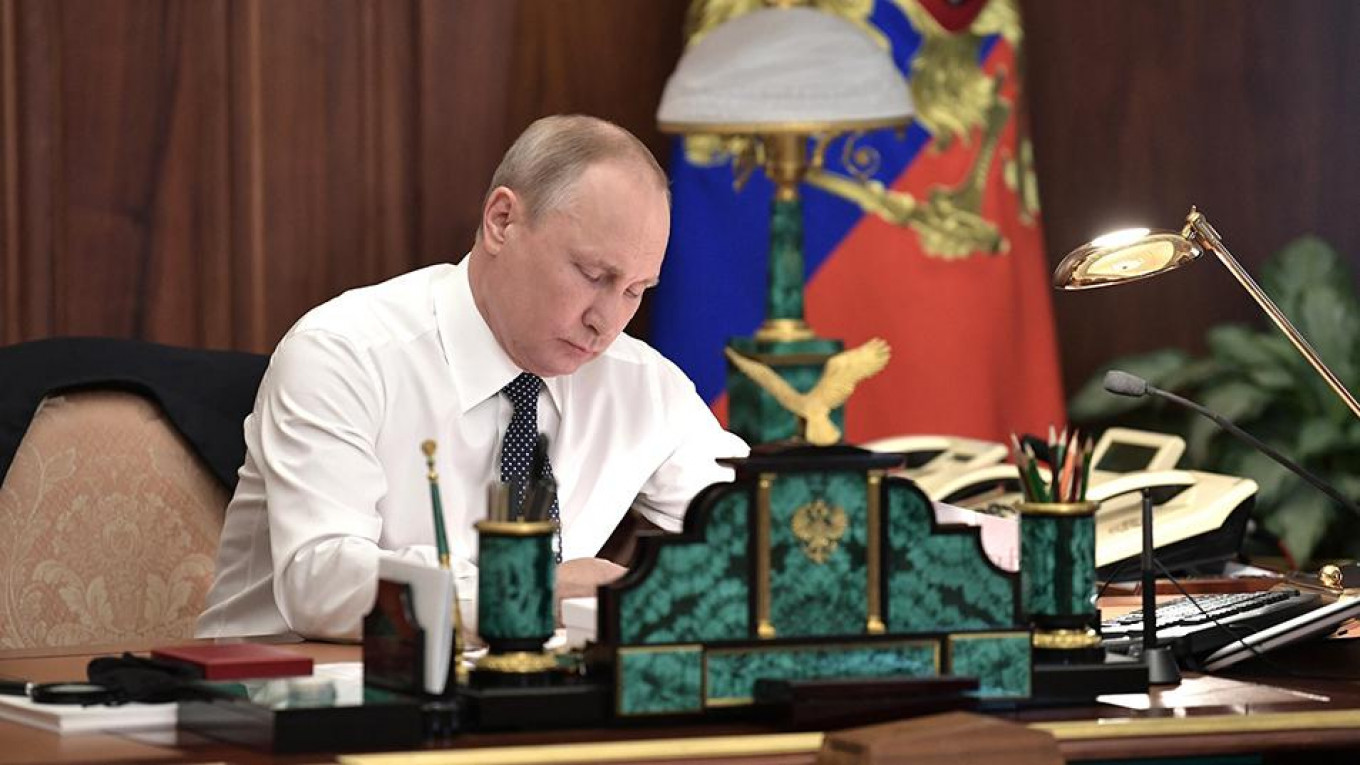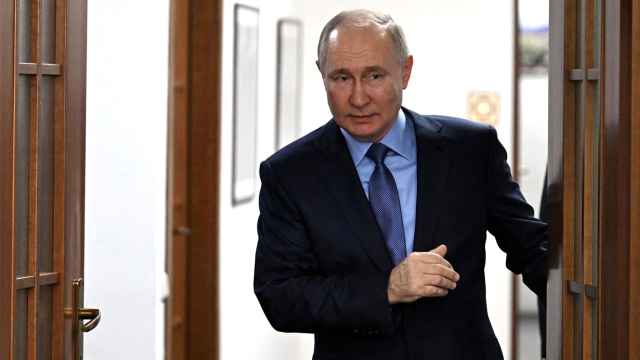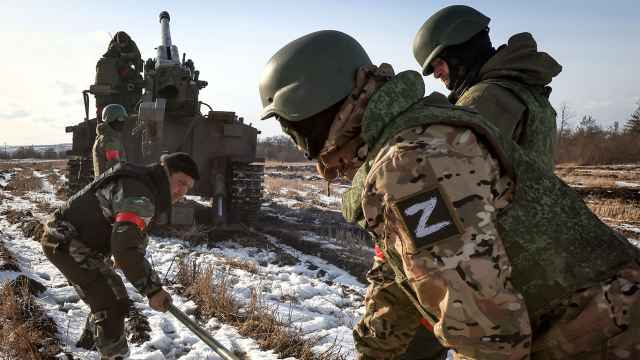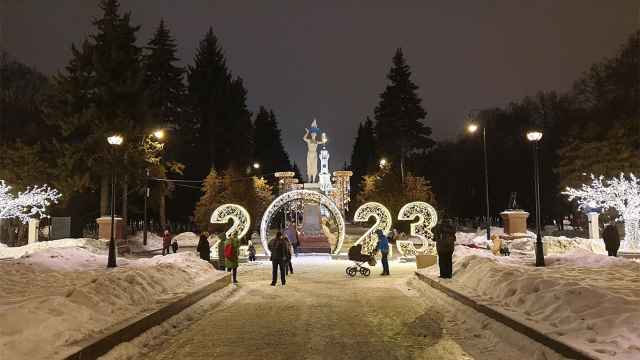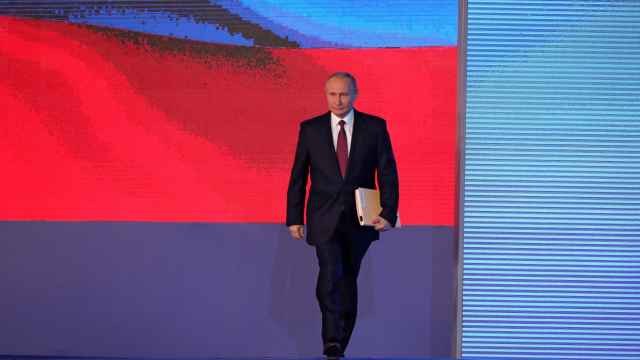President Vladimir Putin has signed an executive order to restructure several government ministries after meeting with Prime Minister-designate Dmitry Medvedev on Tuesday.
Among other shifts, the order created a Ministry of Science and Higher Education separate from the Education Ministry and added digital development to the portfolio of the Ministry of Communications and Mass Media, while adding a tenth deputy prime ministerial post. In his inauguration speech on May 7, Putin promised to focus on domestic policy and deliver a “modern and dynamic” Russia over the next six years.
“This will allow us to make better use of our potential in the development of both education systems,” Medvedev told Putin.
“Considering that the current government has proven effective, there are no major changes in the suggested new structure,” Medvedev said.
“The more Putin uses the words ‘renewal’ and ‘breakthrough’ in his rhetoric, the more conservative he becomes in real actions,” Putin’s former speechwriter, political analyst Abbas Gallyamov, was cited as saying by the Vedomosti business daily.
“The changes that have occurred are mostly decorative,” he added.
Other experts interviewed by Vedomosti highlighted the division of labor at the Education Ministry as “logical” and “reasonable.”
Historian Askold Ivanchik welcomed the inclusion of universities into the Science Ministry’s area of responsibility, but cautioned that “this is yet another undesirable step toward the fact that science will be managed not by scientists, but by officials.”
“Who will become the minister of science and higher education is important. If it’s a scientist [...] then that’s good, if it’s an official — the situation will worsen,” he was cited as saying.
A Message from The Moscow Times:
Dear readers,
We are facing unprecedented challenges. Russia's Prosecutor General's Office has designated The Moscow Times as an "undesirable" organization, criminalizing our work and putting our staff at risk of prosecution. This follows our earlier unjust labeling as a "foreign agent."
These actions are direct attempts to silence independent journalism in Russia. The authorities claim our work "discredits the decisions of the Russian leadership." We see things differently: we strive to provide accurate, unbiased reporting on Russia.
We, the journalists of The Moscow Times, refuse to be silenced. But to continue our work, we need your help.
Your support, no matter how small, makes a world of difference. If you can, please support us monthly starting from just $2. It's quick to set up, and every contribution makes a significant impact.
By supporting The Moscow Times, you're defending open, independent journalism in the face of repression. Thank you for standing with us.
Remind me later.


